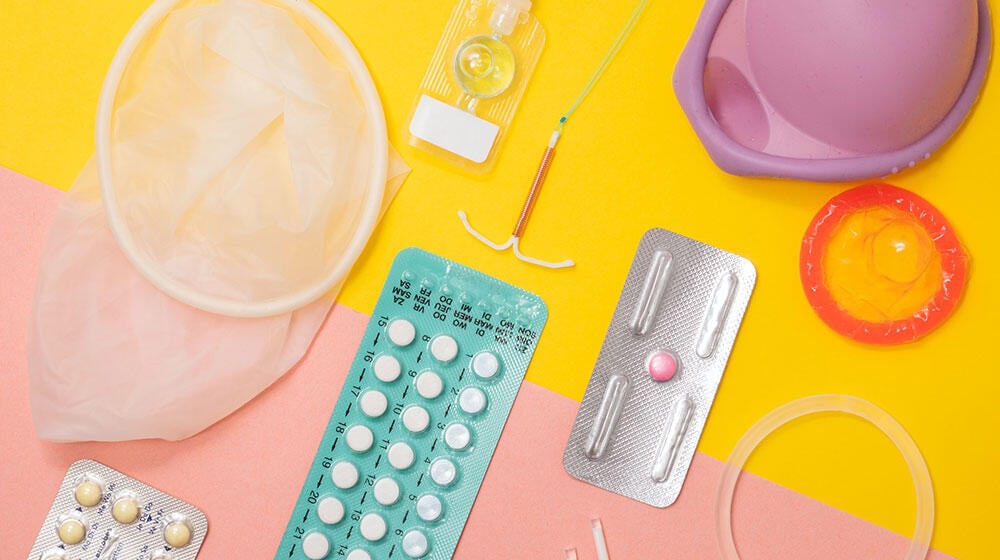At the International Conference on Population and Development (ICPD) in Cairo in 1994, the late Dr. Nafis Sadik, former UNFPA Executive Director and architect of the landmark ICPD Programme of Action delivered an oft-quoted truth: “Healthy families are created by choice, not by chance.”
In Cairo, delegates from 179 governments affirmed the Programme of Action, which recognized reproductive health and rights – including voluntary family planning – as foundational to development, and that women’s empowerment and gender equality are necessary for societies to advance.
A woman’s right to choose the number, timing and spacing of her children is fundamental. Contraception is an integral part of her decision-making. The benefits are manifold: maternal death and disability, newborn/child mortality and morbidity, unintended pregnancies (the topic of UNFPA’s 2022 State of World Population report) and abortion all decrease. Male and female condoms can reduce sexually transmitted infections. Girls and women who can plan their families have more opportunities to realize their potential; they can pursue education and participate in and contribute to the economy, leading to more prosperous, stable and equitable societies.
Yet nearly three decades later, “around 257 million women who want to avoid pregnancy are not using safe, modern methods of contraception. Of these women, 172 million use no method at all.” Among the reasons are concerns about side effects and misconceptions about long-term effects on fertility. Some women may be forbidden to use contraception by their husband, partner or in-laws. Some women may feel stigmatized for wanting to use contraception. Some women don’t know about it, cannot access it or cannot afford it.
UNFPA Is the only United Nations agency addressing family planning. It is the largest supplier of donated contraceptives in the world, and its Supplies partnership alone has prevented an estimated 89 million unintended pregnancies, 26.8 million unsafe abortions, 254,000 maternal deaths and 1.6 million child deaths from 2008 - 2020. We have provided family planning services after an emergency, from conflict to climate event to COVID. We have delivered contraception by canoe, motorbike, even by drone so no one is left behind.
Until universal access to contraception, target 3.7 on the 2030 Agenda for Sustainable Development and a shared vision with the International Family Planning Conference, is achieved, women’s empowerment and gender equality will remain elusive. That access allows women and girls to choose their futures, not chance it.


